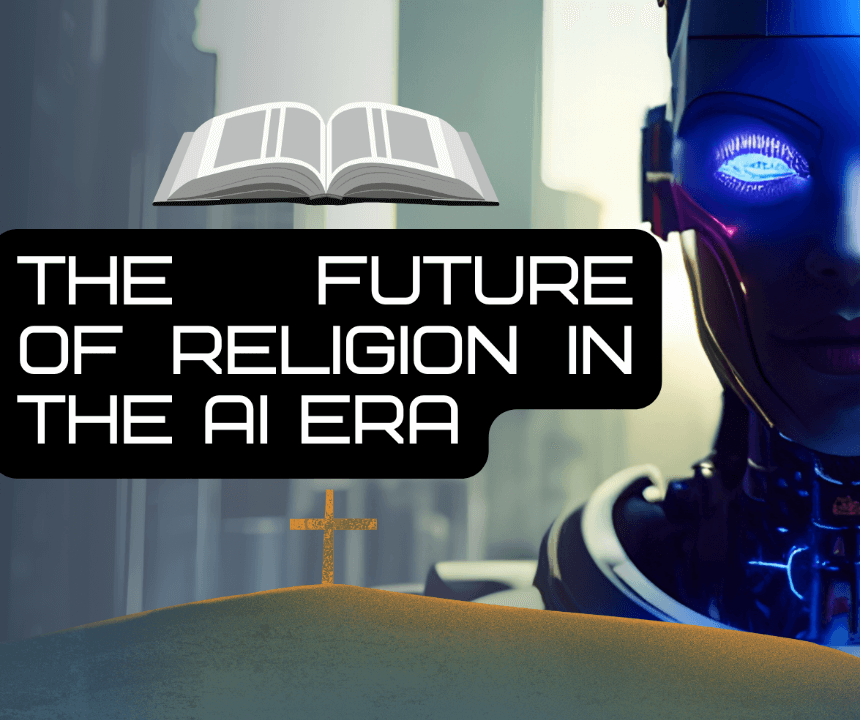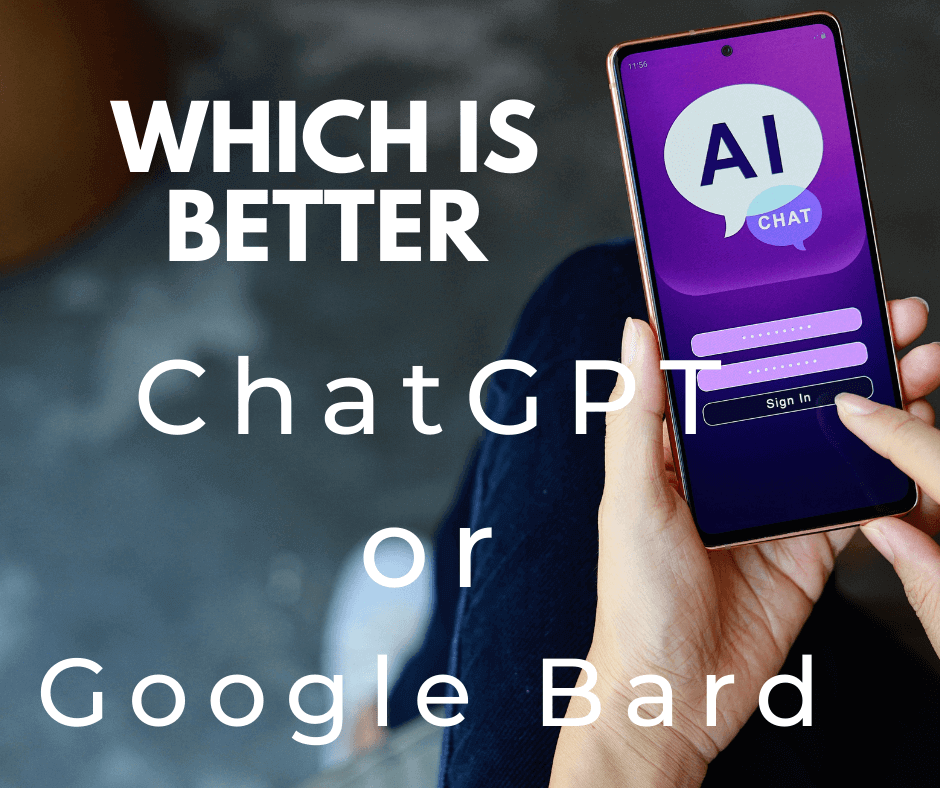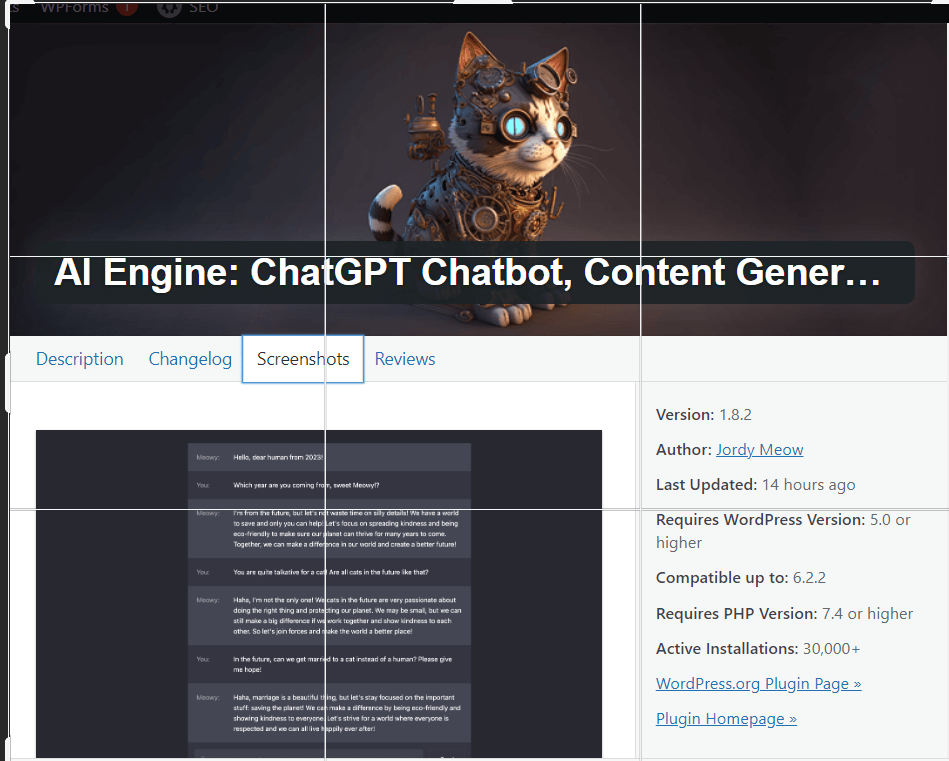Sometimes, Your Money or Your Life (YMYL) is synonymous with religion. You can do the math if you know what I mean.
WHY LIVE
As artificial intelligence (AI) becomes more powerful, it’s likely that religion will change in some way. Some people believe that religion will become obsolete, as AI will provide us with all the answers we need. Others believe that religion will adapt to the new reality, and that AI will become a part of our religious beliefs.
Top 3 reasons why religion might change in the AI era
- AI is likely to challenge our understanding of the world. As AI becomes more sophisticated, it will be able to answer questions that have previously been the domain of religion. For example, AI could be used to understand the origins of the universe, the nature of consciousness, and the meaning of life. This could lead to a new understanding of religion, or it could lead to the abandonment of religion altogether.
- AI is likely to change the way we interact with the world. As AI becomes more integrated into our lives, we may come to rely on it for a wide range of tasks, including making decisions, providing guidance, and offering comfort. This could lead to a new form of religious experience, as people come to see AI as a source of spiritual guidance.
- AI is likely to be used by profit-oriented organizations. These organizations may use AI to create new forms of religious content, or they may use AI to manipulate people’s religious beliefs. This could lead to a situation where people are misled by AI, or where religion is used for commercial purposes.
In order to avoid being misled by profit-oriented religions, it’s important to be critical of the information that we receive from AI. We should ask questions about the source of the information, and we should be aware of the potential biases of the AI system. We should also be aware of the limitations of AI, and we should not rely on AI for all of our religious needs.
One way to avoid being misled by AI is to ask it questions that are based on religious texts. For example, we could ask AI to explain the meaning of a particular passage from the Bible, or we could ask AI to provide evidence for the existence of God. AI is not infallible, but it can be a valuable tool for exploring religious questions.
The future of religion in the AI era is uncertain. However, it’s clear that AI is likely to have a significant impact on religion. As AI becomes more powerful, it’s important to be aware of the potential challenges and opportunities that it presents. By being critical of the information that we receive from AI, and by using AI to explore religious questions, we can help to ensure that religion continues to play a positive role in our lives.
In addition to the points mentioned above, here are some other ways that AI could impact religion in the future:
AI could be used to create new religious experiences. For example, AI could be used to create virtual reality environments that allow people to experience different religious traditions.
AI could be used to personalize religious content. AI could be used to recommend religious content that is tailored to a person’s individual needs and interests.
AI is multilingual so it could easily translate religious texts from one language to another. This could make religious texts more accessible to people who do not speak the original language.
AI could be used to resolve religious disputes. AI could be used to analyze religious texts and traditions to help people find common ground.
The future of religion in the AI era is still uncertain. However, it’s clear that AI has the potential to impact religion in a number of ways. It will be interesting to see how religion adapts to the rise of AI in the years to come.







